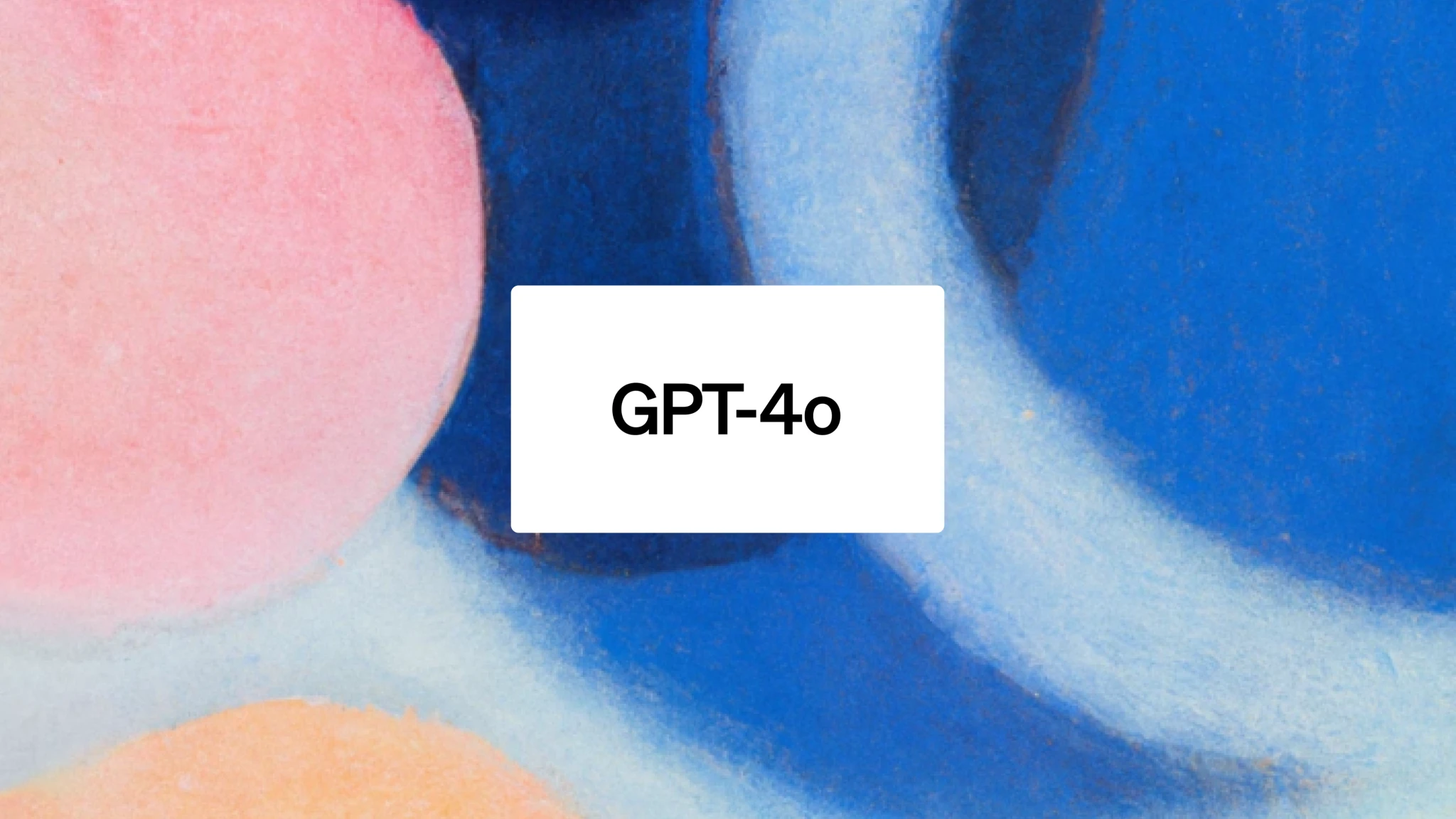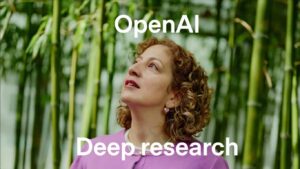Ziff Davis, the owner of IGN, is taking legal action against OpenAI.

Ziff Davis Files Lawsuit Against OpenAI Over Copyright Concerns
Digital media publisher Ziff Davis, recognized for its popular brands like IGN and Everyday Health Media, has initiated legal proceedings against OpenAI. The lawsuit, reported by The New York Times, alleges that OpenAI has engaged in copyright infringement by using a substantial amount of content from Ziff Davis publications without permission.
Background of the Lawsuit
The lawsuit was filed in a federal court in Delaware, marking a significant move in the ongoing debate surrounding intellectual property rights in the age of artificial intelligence. According to Ziff Davis, OpenAI has unlawfully incorporated millions of articles from its various outlets to train its AI model, ChatGPT. The complaint asserts that OpenAI has “intentionally and relentlessly reproduced exact copies and created derivatives of Ziff Davis Works without Ziff Davis’s authorization.”
In the realm of AI development, many companies have been scrutinized for how they utilize existing content to train their models. Ziff Davis is not alone in this fight; several media publishers are voicing similar concerns as AI technologies become increasingly prevalent.
OpenAI’s Response
In response to the allegations, an OpenAI spokesperson remarked that the company’s AI models are constructed using data that is publicly available and are grounded in the principles of fair use. This defense highlights the ongoing debate over what constitutes fair use in the context of AI training, a contentious issue in legal circles.
OpenAI’s rebuttal suggests a broader defense strategy that looks to adapt traditional copyright laws to the digital age. However, Ziff Davis’s lawsuit indicates a willingness on the part of publishers to challenge AI companies that might undermine their intellectual property rights.
The Broader Context of AI and Copyright
As AI technology evolves, numerous lawsuits are emerging, reflecting concerns over the implications of machine learning and data usage. Issues raised in Ziff Davis’s complaint resonate with many content creators, artists, and publishers who are wary that AI could strip them of their rights and revenue.
Key Points from the Ziff Davis Lawsuit:
- Allegations of Unauthorized Use: Ziff Davis claims that its content has been utilized without consent for training AI models.
- OpenAI’s Fair Use Defense: The company maintains that its methods comply with fair use guidelines.
- Growing Trend of Legal Action: This case symbolizes a broader trend of lawsuits by publishers and creators against AI companies, seeking to protect intellectual property.
Implications for the Future of AI Development
The outcome of this lawsuit may have far-reaching implications, not just for Ziff Davis and OpenAI, but also for the entire landscape of AI development. As technology advances, the intersection of AI and copyright law will become increasingly critical. Content creators are urging for clearer regulations that protect their work while acknowledging the innovations brought about by artificial intelligence.
Currently, the future remains uncertain, with many awaiting the development of legal precedents that will shape how AI companies can utilize existing content in their training processes. As both firms and individuals grapple with these issues, the conversation about the ethics of AI continues to evolve.





